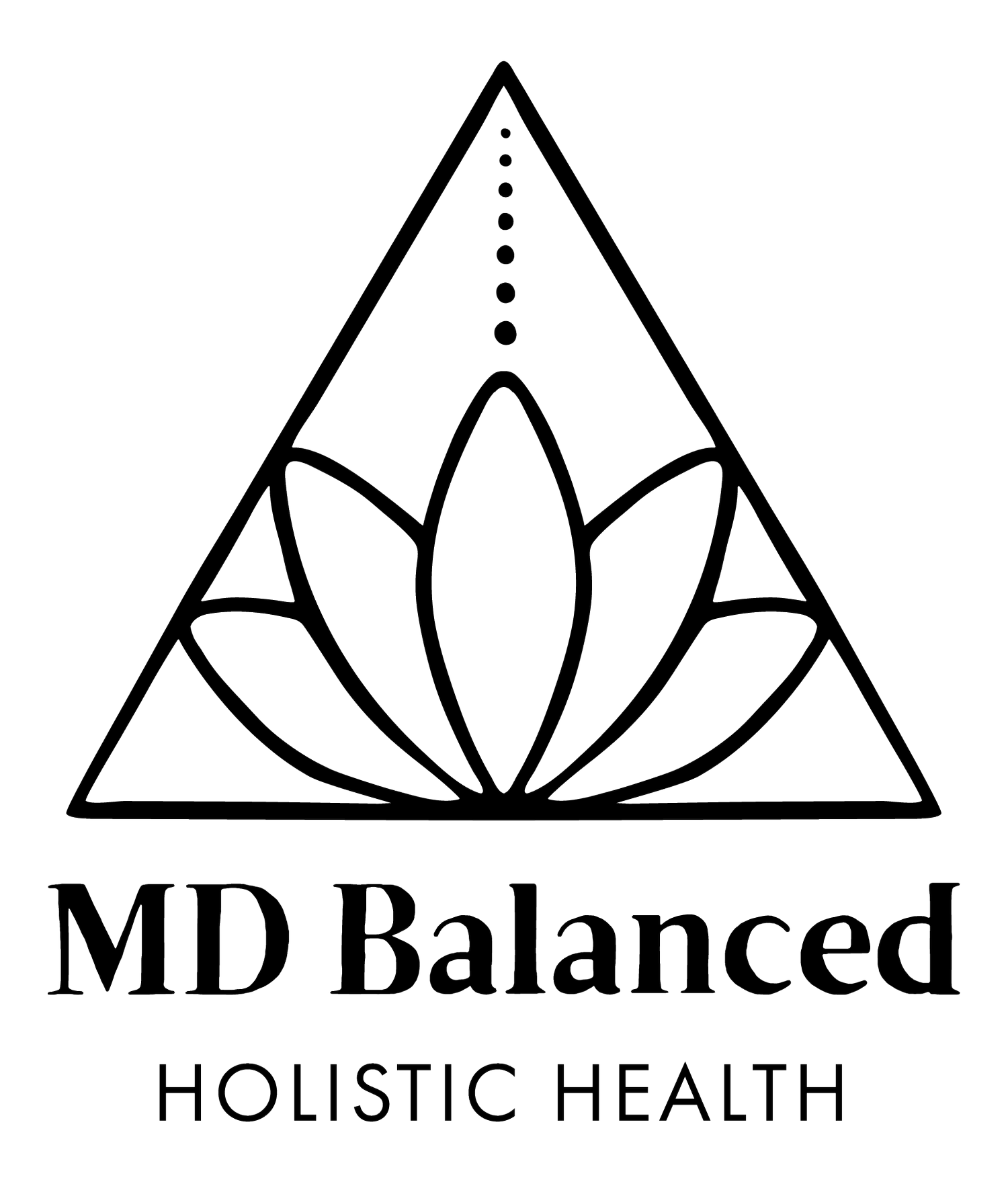What is Oxidative Stress, and Why Does It Matter for Your Health?
✨Free radicals are reactive molecules with unpaired electrons; when left unchecked, these molecules, more inclusively called RONS (reactive oxygen and nitrogen species) can damage our bodies.
✨However, not all free radical/RONS production is bad, as they’re crucial for your body to be able to kill off bacteria and conduct proper signaling between cells.
✨Oxidative Stress is an imbalance between these molecules and our antioxidant capacity, tipping the scale in favor of the RONS which may damage cells (proteins, lipids, DNA) and over time, this has major implications for the development of many chronic diseases, such as heart disease, cancer, diabetes, neurological disease, autoimmune disease, aging, and more.
✨So where are these things coming from and what can we do about this?
✨Free radicals are produced both by your own body (“endogenous”)-just from your cells making energy, for example-and from external sources (“exogenous”). Think of these as ‘oxidants.’
✨Endogenous sources of free radicals/oxidative stress:
-Immune cell activation
-Inflammation
-Ischemia (lack of blood flow)
-Infection
-Cancer
-Excessive exercise or lack of
-Mental/emotional stress
-Aging
✨Exogenous free radical production can occur as a result from:
-Exposure to environmental pollutants
-Heavy metals (Cd, Hg, Pb, Fe, and As)
-Certain drugs/medications
-Chemical solvents
-Cooking methods (smoked meat, used oil, high heat cooking like grilling)
-Cigarette smoke
-Alcohol
-Radiation-UV from sunlight, CT scans, etc
✨Good news is, our incredible bodies have built-in ways to deal with these stressors! Antioxidants are also produced both endogenously and exogenously.
✨Superoxide dismutase, catalase, glutathione peroxidase, glutathione, coenzyme Q10 and more- our bodies make these things to fight off oxidative stress.
✨But this isn’t enough- we must also obtain antioxidants (and of course other things) from our diet and use movement to up-regulate these pathways!
✨Examples: polyphenols and carotenoids found in many fruits/veggies, isothiocyanates in cruciferous veggies, vitamins (C, E, etc), minerals like selenium and zinc, omega-3 fatty acids (EPA, DHA, ALA).
✨This is one central principle of how food is medicine! Food is nourishment to fuel our bodies down to a cellular level.
References:
Merry TL, Ristow M. Do antioxidant supplements interfere with skeletal muscle adaptation to exercise training? J Physiol. 2016 Sep 15;594(18):5135-47. doi: 10.1113/JP270654. Epub 2016 Jan 18. PMID: 26638792; PMCID: PMC5023714.
Pizzino G, Irrera N, Cucinotta M, Pallio G, Mannino F, Arcoraci V, Squadrito F, Altavilla D, Bitto A. Oxidative Stress: Harms and Benefits for Human Health. Oxid Med Cell Longev. 2017;2017:8416763. doi: 10.1155/2017/8416763. Epub 2017 Jul 27. PMID: 28819546; PMCID: PMC5551541.
Weidinger A, Kozlov AV. Biological Activities of Reactive Oxygen and Nitrogen Species: Oxidative Stress versus Signal Transduction. Biomolecules. 2015 Apr 15;5(2):472-84. doi: 10.3390/biom5020472. PMID: 25884116; PMCID: PMC4496681.
